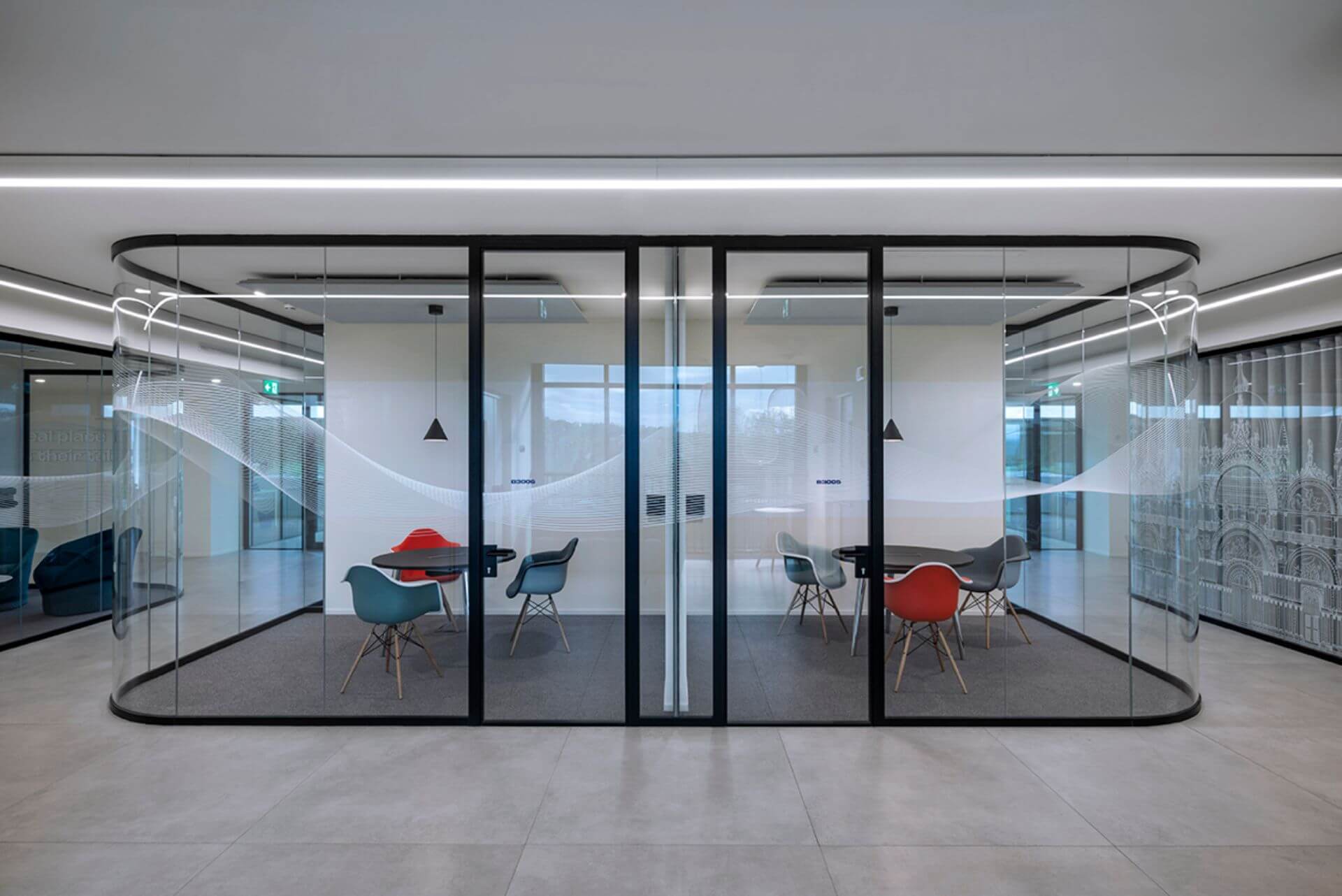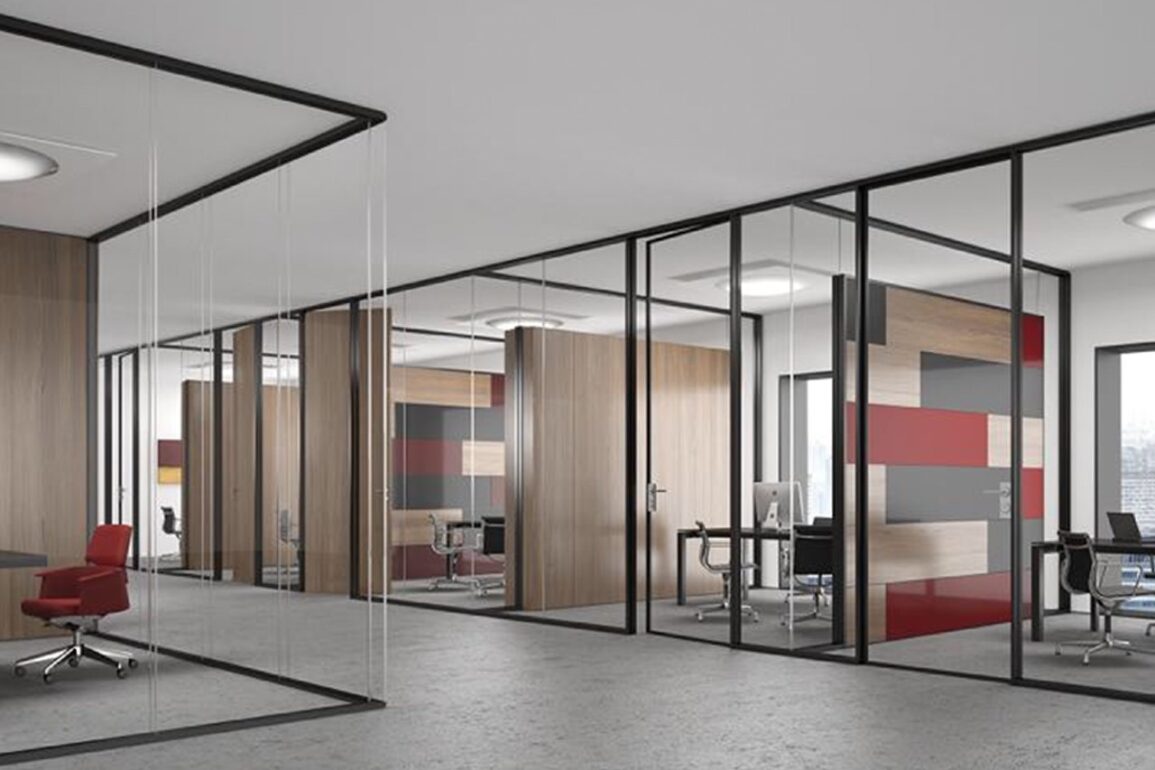In modern office design, glass partitions have become a popular choice for their sleek aesthetic and ability to create an open and airy environment. However, their acoustic properties are often a point of consideration, especially in spaces where sound privacy and noise reduction are important. This article delves into the acoustic characteristics of glass partitions in office settings and how they can be optimized for sound management.
Understanding the Basics of Sound Insulation
Sound insulation in glass partitions is a key factor in maintaining a productive office environment. Standard glass partitions, while visually appealing, may not offer significant sound insulation on their own. However, advancements in glass technology have led to the development of specialized acoustic glass partitions that are designed to reduce noise transmission.
Advancements in Acoustic Glass Technology
Acoustic glass partitions are engineered specifically to improve sound insulation. They typically consist of multiple layers of glass and may include a laminated layer with a special acoustic interlayer. This composition helps to dampen sound waves, effectively reducing the amount of sound that passes through the glass. Such partitions are ideal for meeting rooms, executive offices, and other areas where privacy and noise reduction are essential.
The Role of Seals and Frames
The effectiveness of a glass partition in sound insulation also depends on its seals and frames. Even the best acoustic glass can be less effective if not properly sealed or framed. Sound can easily travel through gaps, so ensuring airtight installation is crucial. Using double-glazed partitions with proper seals can significantly improve their overall acoustic performance.
Balancing Transparency and Acoustics
One of the challenges in using glass partitions is balancing the need for transparency with acoustic requirements. Frosted or tinted glass options can provide some level of sound insulation while still maintaining a degree of openness. In some cases, incorporating solid elements or thicker frames into the design can enhance soundproofing without completely sacrificing the aesthetic appeal of glass.
Customization for Specific Office Needs
The acoustic properties of glass partitions can be customized to meet specific office needs. Different thicknesses, types of glass, and framing materials can be chosen based on the level of sound insulation required. For instance, a space that hosts frequent meetings may benefit from higher-grade acoustic glass, whereas a general workspace may not require as much soundproofing.
Maintenance for Optimal Performance
Regular maintenance is key to ensuring the acoustic properties of glass partitions are preserved. This includes checking seals and frames for any gaps or damage and repairing them promptly. Keeping the glass clean can also help maintain its integrity and performance over time.
Conclusion
The acoustic properties of glass partitions play a vital role in creating a functional and comfortable office environment. With the right materials, design, and maintenance, glass partitions can effectively manage sound, providing both aesthetic appeal and practical sound insulation. As office designs continue to evolve, the use of specialized acoustic glass partitions is likely to become more prevalent, offering solutions that cater to the diverse needs of modern workspaces.








